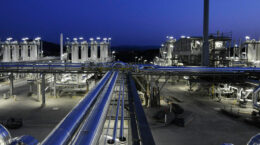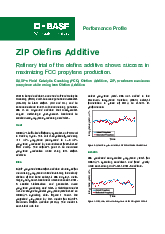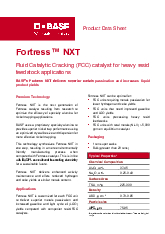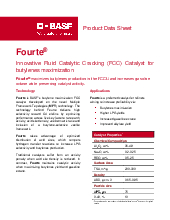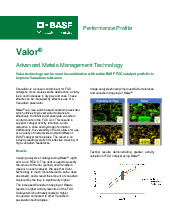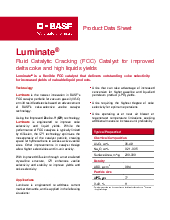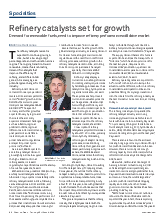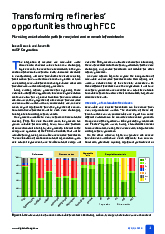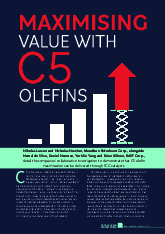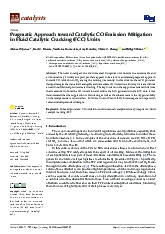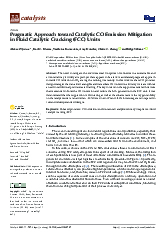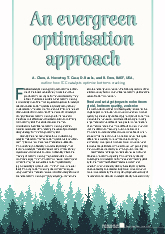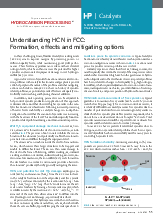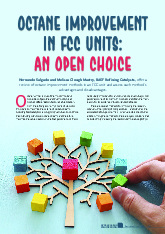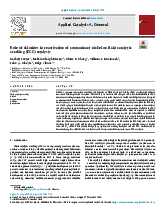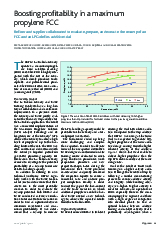Why BASF?
BASF is a pioneer in innovative catalysts for the petroleum refining industry. Whatever your refinery’s specific needs, BASF can provide a catalyst solution to meet them. Our FCC Catalysts provide the main catalytic cracking power in the unit and need to be optimized per feedstock and desired output. Providing tailored FCC solutions for various feedstocks as well as options for refineries that want feed flexibility, BASF catalysts coupled with our technical expertise provide sustainable solutions for all FCC units.
BASF develops innovative technologies as the basis for our FCC Refining Catalysts portfolio. Customer-focused research and development results in BASF’s creation of new technologies and drives our approach to continuous innovation, leading to new possibilities for the refining industry. Our FCC catalyst technologies offer avenues for operations and profit improvement.
Refinery Catalyst Profile Portal
Our Refinery Profile provides independent means for refineries to track the performance of their catalyst unit. When logging on, it gives customers a wealth of information such as real-time data, graphics capabilities, and more.


